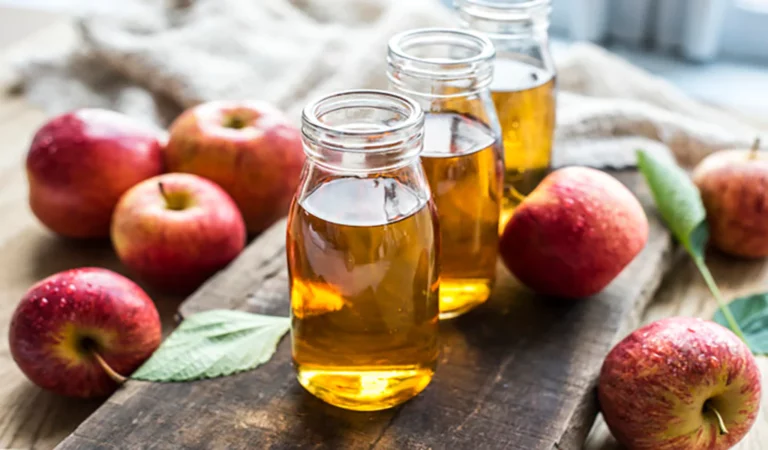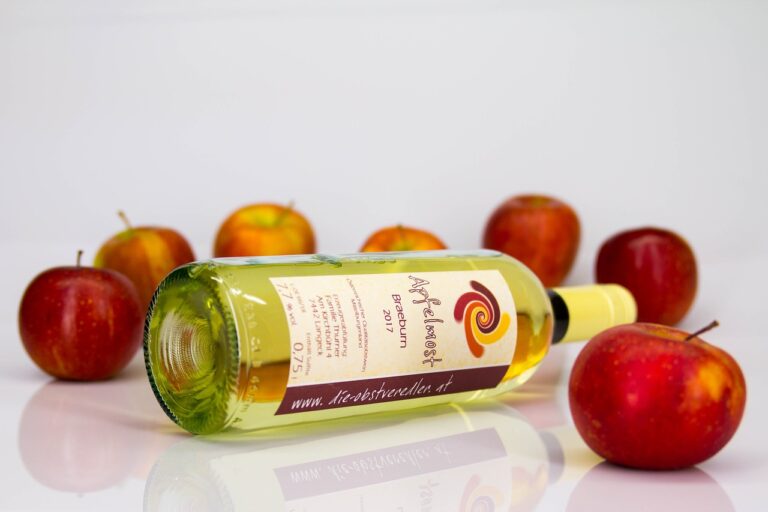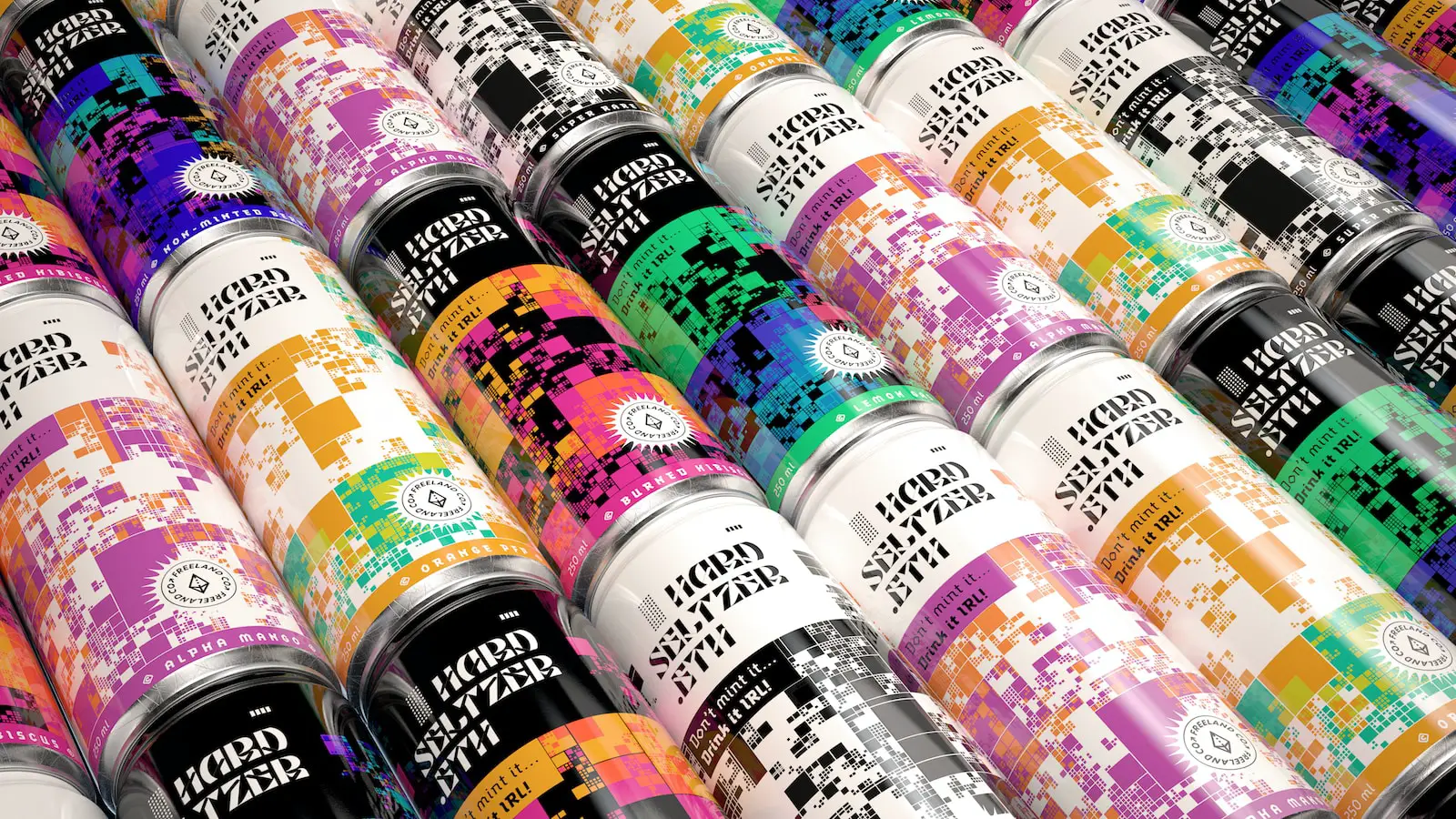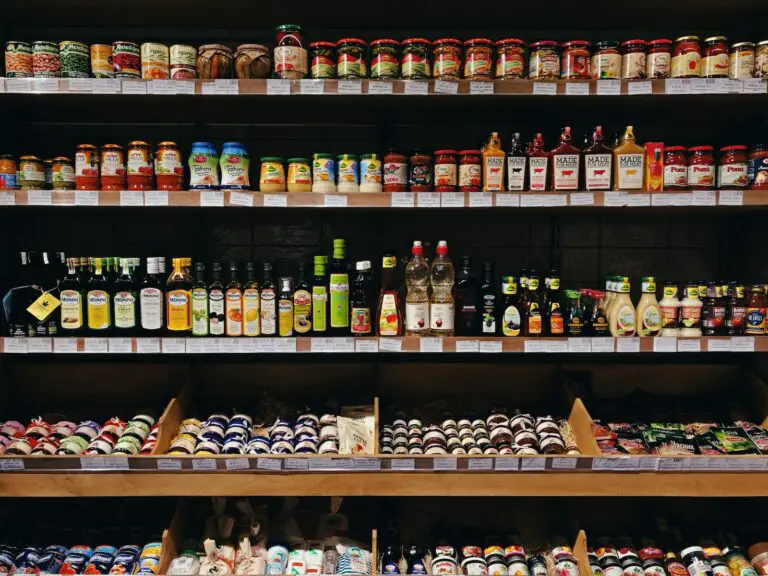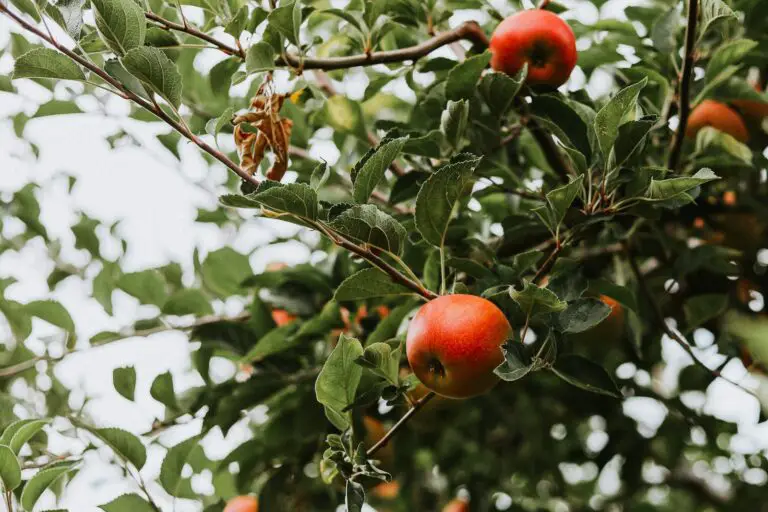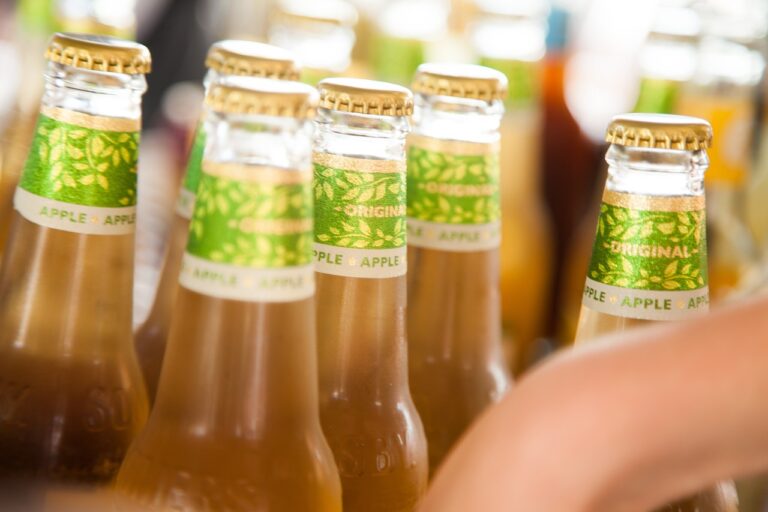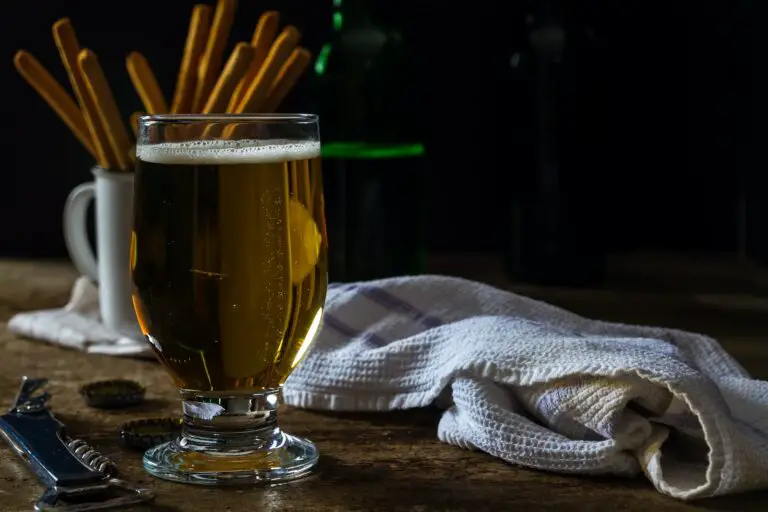Are you a lover of Vodka and ever worried why is Vodka odorless?
If this is you, then worry no more.
In this article, you’re going to learn why Vodka is odorless and other things concerning this topic.
But before jumping into the reason why Vodka is odorless, let’s give a little detail of what Vodka is, its production stages, and then why it is odorless.
What Is Vodka?
According to the Encyclopedia definition, Vodka is defined as a neutral, clean, colorless beverage without definite smell or taste, ranging in alcoholic content from 35 to 50 percent.
Vodka is made of two main ingredients; Ethanol and Water, but today, most vodka is made from fermented grains such as wheat, rye, sorghum, corn, etc. Some are also made with sugar and even fruits.
This drink has been present for decades, mainly in Russia, the USA, Poland, and more. Also, it has been recorded as one of the best and most desired traditional alcohol for all people because of the advance it adds to their mixers.
We have so many brands of Vodkas in the market ranging from; Absolut, Ciroc, Van Gogh, Grey Goose, Tito’s, etc.
Having explained that, now let’s look into the popular question lovers of Vodka frequently ask.
Why Is Vodka Odorless?
According to the Bureau of Alcohol, Tobacco, Firearms and Explosives (ATF), Vodka is a clear colorless, tasteless, and odorless spirit. It is made from pure water and pure alcohol with no impurities.
Well, here is why:
Vodka is made of mainly ethanol and water. Hence, ethanol and water are both tasteless and odorless.
That is why Vodka is highly neutral without odor because the flavoring substances have been eliminated during the processing time.
Now, read on to find out how this flavoring substance is eliminated from Vodka during processing.
Vodka is made from a mash of the cheapest and most readily available raw materials suitable for fermentation. Below are the stages Vodka goes through that makes it an odorless spirit.
Fermentation Stage
This is the first stage of making vodka. The fermentation process involves feeding sugar to yeast so that the yeast will produce just alcohol.
This usually takes one to two weeks. And when it is complete, the vodka brewer omits the solids base(chaff), leaving only the liquid base.
This results in an ethyl alcohol or ethanol product with about 16% alcohol by volume (ABV), according to what the United States government requires.
Vodka is made with a blend of grains like rye, wheat, malt, flaked maize, corn, or sorghum. These grains contribute to a neutral flavor profile, which is the top goal for many vodka producers.
Although each vodka producer uses their amount of yeast strain to ferment their chosen brands, vodka can also be made with more flavorful ingredients, like potatoes, soybeans, rice, sugar beets, honey, maple sap, grapes, or apples, but Vodkas made from these ingredients produce a rare flavor profile.
Distillation Stage
Distillation is the process of refining a liquid by heating it in a still until it evaporates and becomes a vapor. However, alcohol boils at a lower temperature than water, so the distillation process helps to separate the alcohol from the water.
Also, when this liquid evaporates, it leaves its impurities behind. So then, the vapor will recondense into a purer or clear liquid with a higher alcohol volume.
Dilution Stage
Keep in mind that the distillation often produces a high volume of alcohol that might be too strong to drink, so dilution is needed just to help bring the product down to the decent ABV standard of vodka authorized by the United States, which is 40%.
So, with this ABV standard of Vodka in mind, traditional vodka homebrewers mostly dilute with pure distilled water that’s nearly flavorless or odorless.
Filtration Stage
Often, Vodka goes through the filtration phase before or after dilution. In this stage, Vodka producers naturally make use of charcoal or carbon to filter their products.
This Filtration stage enables a clean and clear vodka that won’t turn cloudy over time.
Although filtration is common in vodka production, a lot of traditional vodka brewers may decide to omit this stage depending on the kind of vodka they want to produce.
From these stages, the production of Vodkas goes above.
You may have seen that vodka is a distilled spirit and that the smell and taste of the ingredients it is made from are eliminated during the distillation process because it is filtered through charcoal which removes all impurities leaving it with pure water and alcohol, which are both odorless.
With this, you can inarguably believe that this is the reason why Vodka is odorless.
How Much Vodka Can Get You Drunk?
Well, Vodka is pure alcohol that has zero impurities. A person may need around 3 to 4 shots at a time, but you may get drunk or tipsy with 5 to about 8 shots and will be too drunk with 9 to 10 shots of Vodka spirit.
However, vodka is a lot more subtle than other spirits, which makes it a little tricky to dictate the alcoholic flavor. Hence, know your gauge.
Is Vodka Harmful To Your Health?
As you already know, Vodka is made with water and ethanol, with fermentation grains such as wheat, rye, corn, rice, sorghum, etc.
Some are also made with sugar, potatoes, and fruits. All these ingredients are not harmful to your health.
Vodka has more health benefits than its side effects. Though it is an alcohol, the health benefits are numerous. Here are the two main benefits of Vodka;
- Vodka is considered a lower-calorie alcohol; for those watching their weight, vodka can never disappoint.
- Vodka also helps to bolster your blood circulation and flow; this can prevent clots, strokes, and other deadly heart diseases.
Is It Possible to Breathe Vodka?
The Federal Ministry of Narcotics, Drugs, Weapons, and Bombs claims that alcohol is odorless, colorless, and bland.
Except for a few instances, you can’t detect whether a person is consuming or drinking heavily.
Alcohol is now offered in various tastes due to its growing popularity.
Alcohol with flavorings applied will possess an odor, but unadulterated, unsweetened vodka has neither a smell nor a taste.
Whiskey does not feel or smell, but there is a catch drinking too much liquor does.
As a result, if you consume excessive alcohol, there is a greater likelihood that someone may detect this one in your smell.
Other components it includes, such as maize, wheat, and fungi, can also be used to identify an overdose of alcohol.
Why Doesn’t Vodka Make You Breathe Aroma?
Due to the way alcohol is produced, little quantities do not leave a strong aftertaste in your mouth.
Alcohol goes through many distillation processes to remove its taste and aroma components.
But, the more liquor you consume, the more liquor you metabolize, increasing the likelihood that you may notice the scent of liquor in your mouth.
Avoiding excessive vodka consumption is the greatest approach to preventing the odor of alcohol from lingering in your mouth.
It applies to all types of hard liquor without flavors.
Fewer dosages of the liquor and the liquid itself might not stink, but ultimately, a sufficient quantity will.
How Can I Mask the Aroma of Liquor in My Exhalation?
It might be challenging to mask the odor of gin or vodka in the mouth.
According to specialists, your tongue doesn’t generate the aroma; the liquor in the body does.
Hence, there isn’t any quick way to cure the odor of liquor in your mouth, even while products like lozenges, toothpaste, cleaning your tooth, and chewing gum will slightly mask the scents.
Giving the liquor time to exit your blood is the sole method to escape the scent since your body, not the lungs, causes the odor.
You’ll have to delay since, regrettably, this procedure might take up to one day to complete.
You may hasten this procedure and mask the odor of the drink in your mouth with some traditional remedies.
· Ingest a Probiotic
Using a digestive helps hasten the removal of liquor from your body.
It only goes so far, though, as liquor must be metabolized in the system.
Thus, a stimulant won’t be capable of eliminating it.
· Consume Almond Butter
According to legend, peanut butter possesses an aroma that is powerful and distinctive enough just to cover up the taste of liquor.
· Eat Smelly Foods and Beverages
While the items we covered previously, like bubble gum, using wash, taking lollipops, and the common products, will assist in masking the odor of liquor, they won’t eliminate it.
How often does an alcoholic odor linger?
Among the strongest and most difficult-to-remove scents on the earth is liquor.
The duration of the odor varies from 12 to 24 hours, based on the amount of liquor you consume.
Because of this, alcohol can still be found in biological fluids, Breathalyzer assessments, and many other examinations one day following your last drink.
Only considerable amounts of alcoholic beverages are affected by this, though.
Generally speaking, the amount and speed of liquor use affect how soon the odor of liquor dissipates.
Liquor will leave your body more quickly the little you consume of it.
Is It Possible to Detect Vodka Inside a Coffee-Like Beverage?
Among the most common drinks to which alcohol is added is espresso.
Often, this takes the shape of whisky or espresso cordials. But gin is used, if you wish, to add liquor to espresso without it smelling.
A coffee-infused vodka has no smell, and the espresso retains all of its flavors.
Espresso is among the finest methods to mask the scent of alcohol in your mouth since alcohol does not scent in espresso.
Espresso has a powerful and robust smell.
It makes it an excellent method to conceal unpleasant breath odors.
Moreover, it is a stimulant.
Therefore, it will accelerate your digestion and make you urinate more, which might remove the vodka from your body.
Caffeine won’t completely get away from the odor of liquor in your body or mouth, just like it won’t with alcohol.
Which Fermented Drinks Have No Aroma?
Many types of alcohol contain flavors and aromas since most people enjoy a little savor with their cocktails.
There are many, even so, a few cocktails that have no odor at all.
The earliest and most famous of such drinks is vodka.
Although it is made to be tasteless and colorless, a strong density will taste.
Another kind of liquor that has minimal to no flavor or scent is gin.
Gin functions quite identically to alcohol in that it won’t leave an odor in your mouth in tiny dosages.
Yet, if you consume enough liquor, this will be noticeable in your behavior, smell, and complexion.
Final Words
Vodka is a distilled liquor or an alcoholic spirit. It has been present for centuries in many countries, such as Poland, Russia, and many others.
It goes through multiple distillation stages and, therefore, can lose its flavor during these processes.
And that is the reason why it is traditionally tasteless and odorless, as you have read above.
There are many popular Vodka brands currently in the market that use fewer ingredients during production, which limits the risks of cross-contamination and thus gives consumers a wider variety to choose from.


